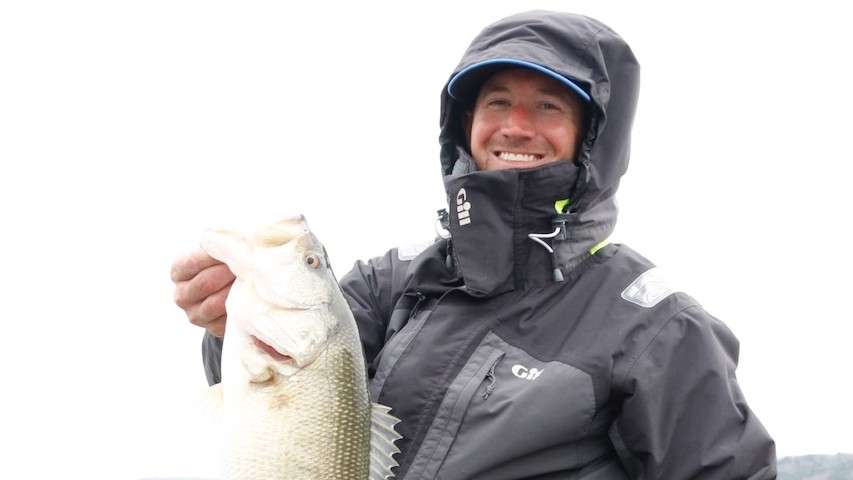
Finding your way can sometimes be a difficult thing to do. For some, some it takes years. When I was ordained as a deacon, the committee asked me how one becomes saved. My reply was there are all sorts of roads that lead to Jesus, but in the end, you have to pick the road that accepts him.
Similarly, there are all kinds of roads that lead to making it as a professional angler. In the end, whatever road the angler takes must provide enough money to afford to pay your bills.
Contrary to what a lot of people think, fishing at a professional is a very expensive endeavor. The tackle you see them using, their boats, vehicles, campers and the like aren’t necessarily given to them free of charge. Often, they get a discounted price but they still have to pay. It takes a collection of sponsorship money, winnings, and sometimes, money out of pocket, to stay in the game.
Some anglers come from family situations where funds aren’t a problem. Others have developed passive businesses such as rental properties that allow them to fund their fishing habit.
No two situations are exactly alike.
On Wednesday’s official practice day ride during the Classic, I rode with Luke Palmer, a young man who came into this sport the hard way and continues to work hard to stay here. At one point, he made this statement to me:
“I’ve worked like a dog my entire life to earn what I’ve gotten in this world.”
That truly impressed me. You just do not often hear that in today’s younger generation.
I grew up that way myself. My father taught me to work from an early age. I can remember at around 13 years old we had a hard winter. The town I lived it had a lot of houses with hedges in the front yard and the freeze killed them. Dad bought a chain saw and had me cut down the hedges at his house and stack up the limbs in his pickup. It wasn’t long until others in town stopped by and hired me to cut their hedges. I think that summer I cut down 2 miles of hedges to earn money.
Luke grew up in a small town in Oklahoma as part of a hardware store family. He talked about working in the store since he was old enough to weigh half a pound of 10 penny nails on the scale. However, in a small family business with multiple owners, not everyone can eat from the same pot and there still be enough. Income has to be gathered from other sources as well. Luke said when he gets home, he’s going to have a bunch of yards to mow.
For at least one Elite angler, even today in the world of glitz, glamour, and show, staying on the trail and funding his expenses still involves a lawnmower.
Luke went on to speak of other work he does throughout the year to earn money. He talked of cutting firewood to sell to people for the winter and, of course, working at the family hardware store.
I know among the fans there’s a perception that young anglers get there without having to earn their way. That somehow they have money given to them to buy their way onto the circuit.
For many of them, including Luke, that is certainly not the case.
Hard, honest work hasn’t gone away in this world yet. If you want to make something of yourself, getting your hands dirty and earning dollars one at a time with sweat and backbreaking work hasn’t gone out of style. It worked in Grandpa’s day and in dad’s day, and if the younger generation will give it a try, it will work for them as it has for Luke.
Congratulations, Luke, on living the dream and making the Bassmaster Classic. Good luck.

